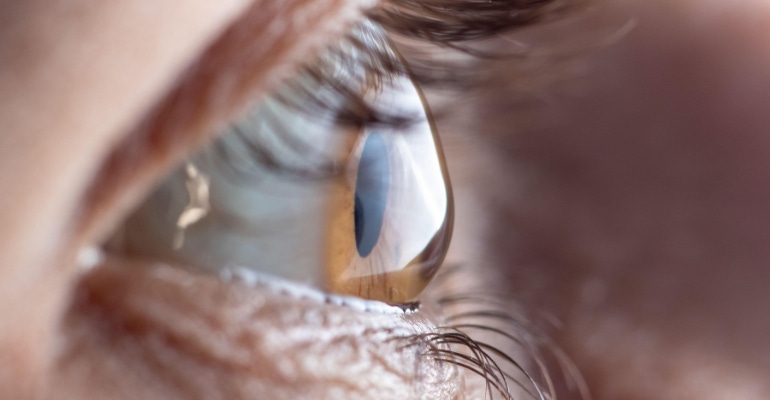Zeiss will invest in Precise Bio for the development of cornea transplant products.
July 19, 2022

Carl Zeiss Meditec and Precise Bio have partnered to develop and commercialize fabricated corneal tissue for transplants in patients that require endothelial keratoplasty and natural lenticule transplants for treating keratoconus and vision correction.
Winston Salem, NC-based Precise Bio is a regenerative medicine company advancing the use of bio-printed tissues and organs. Jena, Germany-based Zeiss will invest in Precise Bio and fund the further development of the company's two cornea transplant products and has exclusive worldwide commercialization rights for these products. Financial terms were not disclosed.
“This investment in Precise Bio is expected to complement our leading portfolio of cataract and corneal refractive workflow solutions,” said Euan S. Thomson, PhD, president of ophthalmic devices and head of the digital business unit at Carl Zeiss Meditec. “The technology has the potential to advance treatment options for corneal disease, as well as for elective procedures – furthering enabling optimization of patient care.”
Aryeh Batt, co- founder and CEO at Precise Bio, said the agreement leverages Zeiss' global leadership in ophthalmology and Precise's i4D bio-fabrication platform technology.
"We are confident that the synergy between the two companies will allow us to develop breakthrough solutions for recovering patients' eyesight, bringing hope to hundreds of millions of patients worldwide,” Batt said.
Precise Bio combines engineering, biomaterials, cell technology, bioengineering, and 3D printing into a 4D bio-fabrication platform for transplantable organs and tissues. The company's technology allows it to fabricate tissues by "printing" cells in a single-cell resolution and spatial accuracy, enabling complex organoid constructs with both structural integrity and long-term cell viability. Precise Bio's 4D bio-fabrication technology allows the company to reliably scale up tissue engineering for clinical use, and produce large quantities in a reproducible, quality controlled, and cost-effective process.
Precise Bio's ophthalmological pipeline consists of three products, the two cornea products that are the subject of the collaboration with Zeiss, and a retinal implant for age-related macular degeneration, all of which have demonstrated successful results in animal models.
Bio-fabricated tissues comprised of human cells and natural materials, mimicking the anatomical structure and natural tissue components, can replace damaged or diseased tissue, substitute for donor tissue in cases where there is lack of tissue or solve unmet therapeutic needs.
About the Author(s)
You May Also Like




